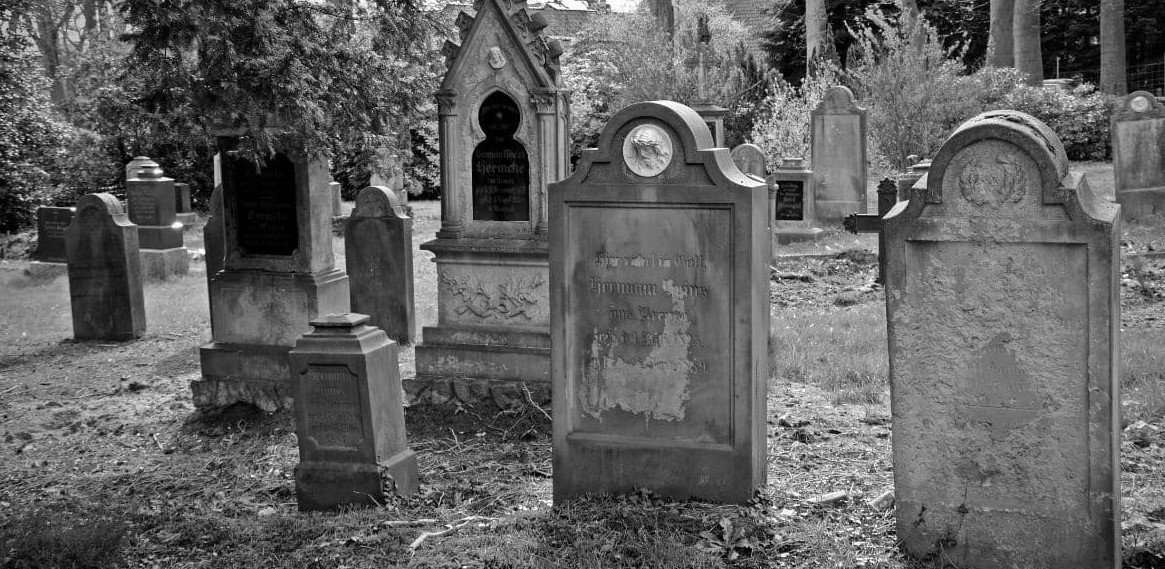A Family’s Tragedy: The Loss of Ted and the Path to Recovery
The Wesenberg family’s world was forever changed on what started as a typical Sunday afternoon. A routine day swiftly spiraled into a nightmare no parent could ever anticipate. Ted, their six-year-old son, tragically drowned in their backyard pool. Despite Paul’s frantic attempts to save him, including CPR and mouth-to-mouth resuscitation, Ted’s life could not be revived. Paramedics arrived too late, and the bright, lively child was gone.
In the aftermath, the Wesenbergs were consumed by grief. Linda, once the heart of their home, sat motionless at Ted’s funeral, her face blank and distant. Paul, overwhelmed by sorrow and guilt, struggled to hold the family together, but their home, once filled with joy, now echoed with sadness and loss.
The days that followed became harder to endure. The house, which had once been alive with the sounds of children’s laughter, was now filled with silence and tension. Paul and Linda, unable to grieve together, began to direct their pain toward one another. Accusations and anger replaced the love that had once defined their relationship. Their surviving son, Clark, who had once been the energetic and adored older brother, now felt invisible. The attention his parents had lavished on him now seemed to be swallowed up by their grief.
Clark often found himself left out, feeling unnoticed and unloved. Breakfasts, once filled with lighthearted conversation, were now marked by burned toast and long silences. Linda, unable to get out of bed, claimed to feel unwell, and Paul, returning home early from work, tried to make dinner, though it lacked the warmth and comfort Linda had once provided. Clark couldn’t help but feel as though he didn’t matter anymore.
One evening, the tension reached its breaking point. Filled with frustration and heartache, Clark ran into his parents’ room. “Mom! Dad! Please stop!” His small fists clenched, his voice shaky with emotion. “I don’t like it when you fight!” But the arguments continued, louder and more painful, and Clark’s heart shattered as he overheard his parents’ harsh words: “I lost Ted because of you,” Linda spat, her voice bitter. “And now Clark can’t stand you!”
The pain was too much for Clark to bear. He whispered, “I hate you both. I don’t want to live with you. I’m going to be with Ted because only he loved me.” With that, he ran out into the night, not caring about the cold wind that stung his skin. His feet carried him to the graveyard where Ted’s grave lay, and there, Clark knelt beside the headstone. His fingers traced the letters as he whispered, “I miss you, Ted. Please ask the angels to bring you back. Mommy and Daddy don’t love me anymore. I’m all alone.”
Clark stayed by the grave for hours, talking to Ted as if he could hear him. It was the only place where he felt understood and loved. But as the night grew darker, he sensed movement behind him. His heart pounded as shadowy figures, cloaked in dark robes, approached.
“See who has wandered into our domain!” one of them hissed. “You shouldn’t be here, boy!”
Fear gripped Clark, and he stammered, “Who… who are you?”
Before the situation could escalate, a commanding voice interrupted. “Enough!” The man who spoke was tall and exuded an aura of authority. “No more of this nonsense,” he said, glaring at the figures who quickly dispersed.
The man turned to Clark. “Come with me,” he instructed.
Though uncertain, Clark sensed safety in the man’s calm tone. He followed him to a small cottage on the edge of the cemetery. Inside, the man offered Clark a mug of hot chocolate, and the warmth seemed to break down the walls around his heart.
“I lost my wife and child in a plane crash,” the man shared, his voice soft but filled with sorrow. “I’ve lived with that pain for years. Your parents love you, but right now, they’re drowning in their grief. They haven’t forgotten you.”
Clark, finally feeling heard, asked quietly, “Then why do they act like I don’t exist?”
“Grief blinds people,” the man explained. “But maybe… maybe they just need a reminder of what they still have.”
Back at home, Linda began to panic when she noticed Clark was missing. After searching frantically, she and Paul realized where their son had gone—the cemetery. They rushed to the graveyard and found Clark safe but still heartbroken, sitting in the cottage.
“We love you, Clark. More than anything,” Paul said, kneeling beside him. With tears in her eyes, Linda pulled him into a tight embrace. “We’re so sorry.”
Clark, still shaking, whispered, “Then stop fighting. Please.”
That night, the Wesenbergs returned home—not as a fractured family, but as one that had begun to understand that healing required effort from everyone. They knew that grief might have clouded their vision, but love was still there, waiting to guide them back.
In the months that followed, the family began to heal. Laughter returned to their home, and they found comfort in supporting each other through their pain. The man, Mr. Bowen, continued to be a source of guidance, reminding them that love had the power to heal even the deepest wounds.
Though the loss of Ted would always remain, the Wesenbergs discovered that the darkness of grief could be a part of their healing journey, one step at a time.
